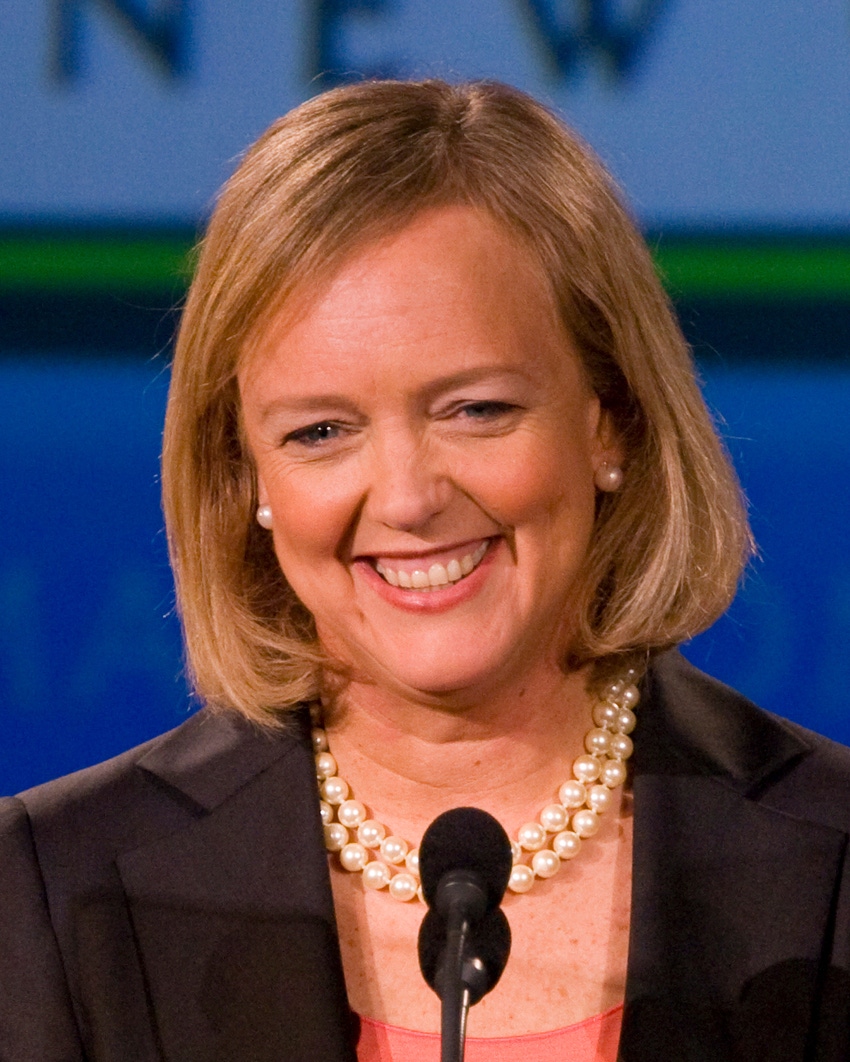HP to Split into Enterprise, Personal System Companies
Will HP's plan to split into two companies -- one selling server-side, storage, networking and cloud and the other selling personal systems and printing technologies -- help the company find its Way again? Here's why the split that HP announced is the smartest move the company has made in years.
October 7, 2014

HP (HPQ) announced this week that it plans to split itself into two companies. One company will focus on the server, storage, networking and cloud platforms and the other will focus on PCs, printers and other personal systems. The decision is the right one at the right time for HP. And it's all about how if you are too big, you can lose your focus.
But first some background about the deal.
CEO Meg Whitman characterized the split as a move that would give better focus and resources to both new entities.
“The decision to separate into two market-leading companies …will provide each new company with the independence, focus, financial resources, and flexibility they need to adapt quickly to market and customer dynamics, while generating long-term value for shareholders,” she said in a prepared statement announcing the deal.
Here are a few of the particulars of the deal:
Hewlett-Packard Enterprise will focus on servers, storage, networking, converged systems, services, software and the OpenStack Helion cloud platform.
HP Inc. will offer personal systems (PCs) and printer technology with roadmaps for technology such as 3D printing and “new computing experiences.”
Meg Whitman will serve as president and CEO of Hewlett-Packard Enterprise and Pat Russo will be chairman of the Hewlett-Packard Enterprise board.
Dion Weisler will be president and CEO of HP Inc. and Meg will be chairman of the HP Inc. board
Each company is expected to be about a $50 billion company, and each will be an independent publicly traded company.
Helping HP find its Way again
A few years ago during Leo Apotheker’s stint as top executive at HP, I remember telling colleagues of mine in the tech media that maybe the company should be sold off for parts. It was too big. It had lost its focus.
This grand old tech company, a stalwart in Silicon Valley known for “The HP Way” had lost its own way.
The CEO who’d been in place for just months seemed like he was taking the company further into disaster, and his ultimate dismissal by the board after just 11 months on the job made the HP CEO role seem more like a position to be filled by a temp agency than by an executive search firm.
Buy high, sell low
Past CEO Mark Hurd had paid a premium of $1.2 billion for Palm and its webOS mobile operating system technology so that HP could create a stronghold for itself in the smartphone and tablet markets.
Then his successor, Apotheker, announced plans to make webOS the underlying technology on PCs, too, but then mothballed the webOS projects and paid a premium – about $11 billion – to acquire Autonomy, an enterprise search, knowledge management and big data company. At around the same time Apotheker announced plans to look at spinning off the company’s PC division. Coming around the same time as the Autonomy deal, it seemed like HP was selling its main business to buy a new one in a different industry.
After the board fired Apotheker, his successor, Meg Whitman, sent the neglected webOS out to pasture – announcing plans to release it under an open source license. (LG has since acquired webOS from HP while HP retains the patents on the technology.) Meanwhile, HP has written down much of its Autonomy acquisition and is battling shareholder lawsuits questioning the merits and due diligence around the deal.
When the whole is no longer greater than the sum of its parts
Meg Whitman inherited a mess when she took over from Apotheker. It was this HP I suggested be sold off for parts. It was too big. It had too many big projects. Each time a new CEO took over, the company got a new big project and the previous ones got less attention. The once solid company was suffering from corporate attention deficit disorder.
Back then spinning off the PC business seemed like HP was selling it’s soul to buy a new one. But today the idea of HP splitting itself into two makes sense. Two “smaller” (if $50 billion could ever be called smaller) companies could better focus on doing a great job at their core functions without being distracted by the needs of the other one. Plus, Whitman made the smart move of announcing the plan to split to the market rather than floating the idea of looking into a split.
Finding the Way
How this all is implemented remains to be seen, but score one for Whitman today. This CEO has made the right move in guiding HP back to strength.
About the Author(s)
You May Also Like


